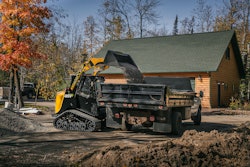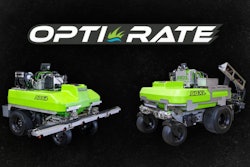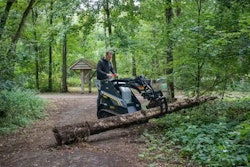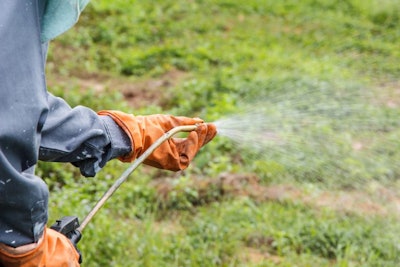
“NALP understands the important role glyphosate plays in managing landscapes and delivering crops, and we are committed to promoting and ensuring its safe and effective use based on scientifically supported decisions made by the Environmental Protection Agency (EPA),” NALP said in a press release. “NALP members are licensed and certified pesticide applicators that use glyphosate and other products in a safe and environmentally responsible manner.”
The EPA announced on May 6, 2019, that a final interim determination on the review of the herbicide glyphosate was reached.
The EPA’s conclusion was “that there are no risks to public health when glyphosate is used in accordance with its current label and that glyphosate is not a carcinogen.”
NALP says the EPA reached this determination after extensive human health and ecological risk assessments were conducted. NALP also notes that the interim final determination followed the publication of a draft assessment on glyphosate in 2017, which also found that glyphosate was not harmful to public health when used in accordance with label instructions.
Prior to this final interim decision being published, NALP says the 2017 draft assessment was open for public comment for the EPA to review.
The EPA took action on Aug. 8, 2019, to stop false labeling in the state of California and issued guidance to ensure clarity on labeling glyphosate. This action, NALP says, was in response to the State of California requiring registrants to label glyphosate as a carcinogen pursuant to state law Proposition 65.
NALP says the state based this reasoning on IARC determination that glyphosate was a probable human carcinogen, which the organization says no other international pesticide regulatory agency has concluded.
“On January 30, 2020, EPA announced that it had concluded its regulatory review of glyphosate— the most widely used herbicide in the United States,” NALP said in a press release. “After a thorough review of the best available science, as required under the Federal Insecticide Fungicide and Rodenticide Act (FIFRA), EPA has concluded that there are no risks of concern to human health when glyphosate is used according to the label and that it is not a carcinogen.”
Back in August of 2018, a San Francisco, California, jury ruled that Roundup weed killer caused terminal non-Hodgkin’s lymphoma in a former school groundskeeper.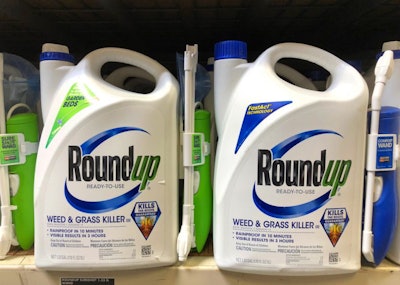
In March 2019, another jury in California determined that products containing glyphosate have led to carcinogenic liability for another plaintiff. Shortly after in May of 2019, a California jury in Alameda County found that products containing glyphosate lead to carcinogenic liability, and NALP says that all three cases have been appealed by Bayer and are in various stages of the appeal process currently.
“A fourth trial is ongoing in the Missouri Circuit Court for St. Louis,” NALP said in a press release. “While initially delayed, as of January 24, the trial was near completion when both parties agreed to continue the case to further explore mediation as an alternative dispute resolution. This is the first case that is being heard out of the state of California and is being very closely monitored by all potential plaintiffs that are alleging harm from the use of glyphosate.”
NALP reports that currently, there are over 42,700 pending lawsuits in various courts throughout the United States, alleging that products that contain glyphosate caused cancer.
“It is important to understand that liability determinations made by a jury of peers are different from scientific determinations and risk assessments made by EPA,” NALP said in a press release. “NALP is continuing to closely monitor all court proceedings involving glyphosate and how the recent May 6 EPA determination may have on future litigation.”
NALP stresses the importance of supporting documented research conducted by regulatory bodies and the established framework for the regulation of pesticides in the U.S. through the FIFRA.
NALP says FIFRA both prescribes and implements a federal and state pesticide registration and review process, which NALP believes is the foundation for the green industry to responsibly manage landscapes using federally and state-approved pesticides.
“We rely on our regulators, as the experts, to make sound scientific decisions on pesticide registration approvals,” NALP said in a press release. “The EPA and the 50 state pesticide lead regulatory agencies are our pesticide regulators, and the landscape industry will continue to comply with all federal and state laws and regulations that are supported by the review processes, science, evaluations, decisions and enforcement pursuant to FIFRA.”
For more of NALP’s facts about glyphosate, click here.



